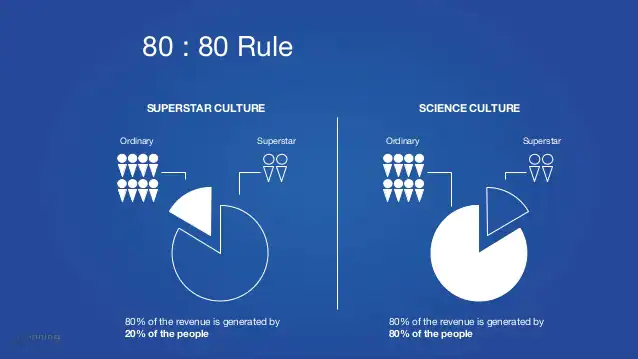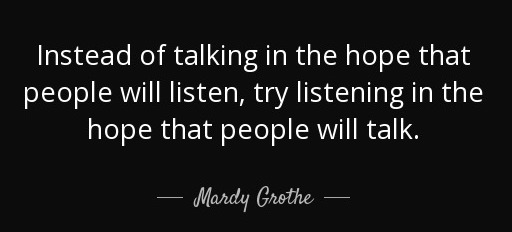August 3, 2021How to: Use The First 5 Minutes to Set Up a Call for Success
First impressions matter, right? With back-to-back meetings and Zoom Fatigue, people generally make a subconscious (or conscious) decision about how engaged they will be in a call during the first five minutes of a meeting. How can you set your calls up for success right from the beginning?
As a society, we've created a vision of what the an ideal personality looks like and what a stereotypically successful individual looks, sounds, and acts like. Attributes like "warm, bubbly, outgoing, friendly, confident" seem more descriptive of successful individuals, rather than attributes like "quiet, reserved, shy."

The media portrays successful leaders in politics, business, and the media who are clear extroverts, which creates an expectation that you must also be an extrovert in order to be successful at that level. In sales, more than arguably most other professions, this seems to historically ring true. However, looking at the landscape of B2B sales from a more macro level, maybe that's not the case for too long.

1. Introverts are not ones for shallow small talk 🗣️
They prefer deeper, more meaningful conversation. This translates to a tendency away from relationship-building sales and more towards a process-driven and scientific approaches to sales, like using MEDDIC to qualify and measuring ROI through clearly quantifiable pain the prospect experiences.
2. Introverts are great listeners 👂
The age old 80:20 rule states that sales people should only be speaking for 20% of a call. How often does that actually happen? In fact, almost never. ExecVision measured data from 2,000+ sales people over the course of a month and found that most sales people are actually doing the inverse - speaking for 80% of the call. Introverts prefer to digest information quietly and process before providing an insightful response, rather than dominating a conversation. A heavier weight on listening, as opposed to talking, can result in more insights divulged by the prospect or client.
3. Introverts are also naturally very observant and focused 👀
They can use this to effectively read body language and facial expressions during meetings (or, more recently, just facial expressions in the world of pandemic and post-pandemic Zoom sales). There are plenty of nonverbal cues that can easily be missed during sales meetings. Picking up on these might help you, as the sales person, identify what is causing your prospect to have hesitations versus what is really resonating with their pain points.
So if you're an extrovert, what does this mean for you?
No, this doesn't mean you can't be successful in this new approach to sales. But there are definitely ways you can train your mindset to adopt some of these skills. Try to be cognizant of how much you're talking.

Take a guess on how much you speak during meetings on average. Then, for a week, keep your phone near your desk or use your laptop clock during calls to track how much time you are speaking compared to how much time the prospect is speaking. See how big the gap is between your guess and the measured percentage. If you are speaking much more than you expected, try to to reduce your speaking time by consciously allowing for pauses (even if they feel awkward and you want to fill that silence) and asking open-ended questions that invite the prospect to open up more.